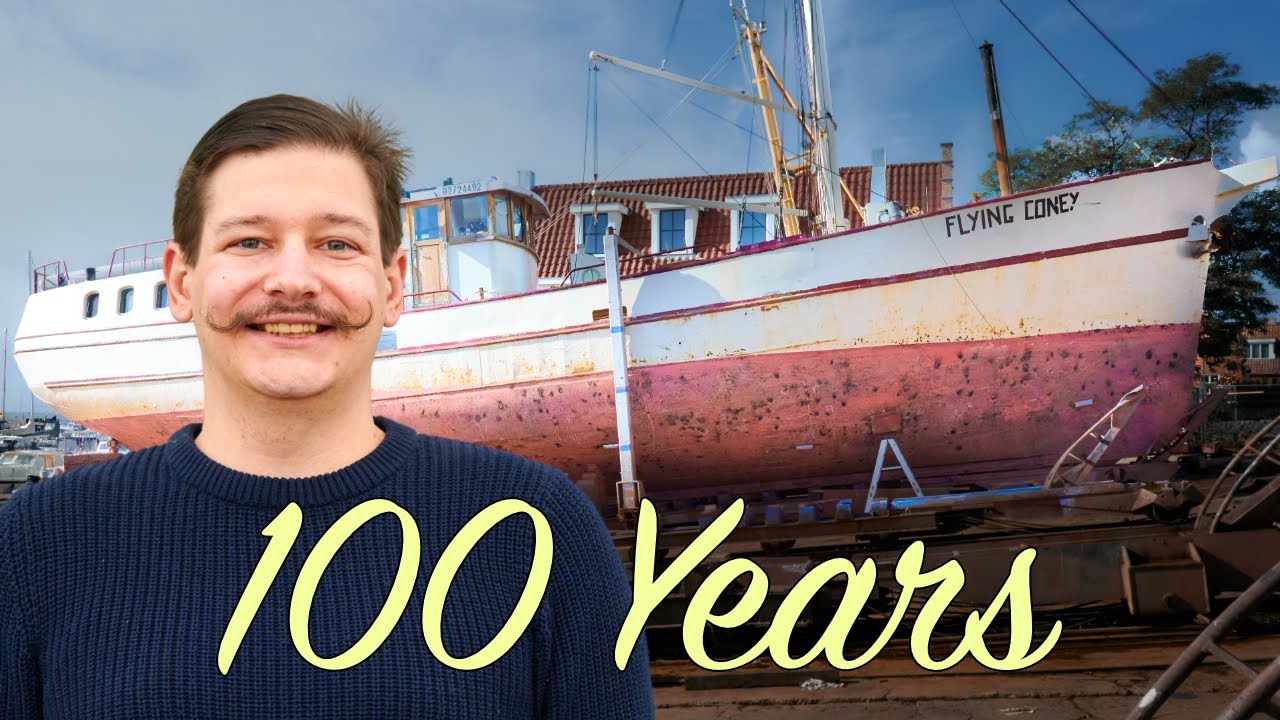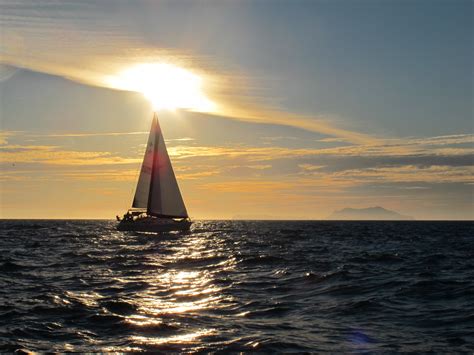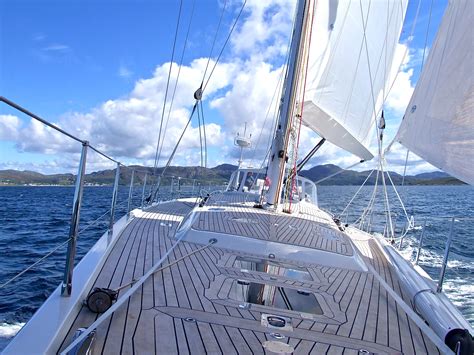Dacă doriți să susțineți acest proiect, deveniți un Patron: https://www.patreon.com/SailingFlyingConey Sau donați prin PayPal: https://www.paypal.com/donate/?hosted_button_id=BNDZ5GT4GA4ZY Sprijinul dvs. face posibil acest videoclip. ITI MULTUMESC FOARTE MULT!!! —————————— Câți ani are nava noastră istorică? De ce forma corpului ei este forma perfectă pentru o navă cu vele? Și cum au evoluat Traulerii de-a lungul anilor? Să aflăm! —————————— Echipamentul nostru: Măștile noastre: semi-mască 3M 7502: https://amzn.to/3yRDelF * 3M semi-mască 6100: https://amzn.to/3AEEYQj * Polizor unghiular: Metabo WEV 15-125 Rapid: https://amzn.to/3QgL0ev * CSD-Disc: https://amzn.to/3JnIAsQ * Shop-vac: Makita VC3012M: https://amzn.to/3TpSRJv * Cărți utile: Boatowners manual mecanic și electric: https://amzn.to/3c2ehuK * Ghidul Boatownerului de coroziune: https://amzn.to/3Dlficr * Link-urile cu * sunt link-uri afiliate Dacă utilizați aceste linkuri, plătiți același preț ca și de obicei, dar primim un comision și asta ajută la menținerea acestui canal. —————————— Canale menționate în acest videoclip: Sampson Boat co —————————— Faceți cunoștință cu noi: https://youtu.be/9vLaxBgqneA
source
Am riscat totul pentru a restaura această navă clasică veche de 100 de ani | Reinstalarea Flying Coney Ep23

29 thoughts on “Am riscat totul pentru a restaura această navă clasică veche de 100 de ani | Reinstalarea Flying Coney Ep23”
Comments are closed.




Due to the material shortage after WWII many ships were rebuilt at that time. It's very difficult to get informations because sometimes wooden boats got a new steel hull and we have hints that this was done in our case, ships were shortened or made longer and sometimes they made one ship out of two… But we do our best to find out as much as possible! One thing we know is that she was converted into a sailing ship called RAN in 1977.
不要有太多的解说,让观众静静地享受。谢谢
Another great video. It's the first time I saw her shape….I see front end ship, rear sailing (canoe-style?). She is going to be a fantastic sailing motor yacht, and it seems to be more sailing orientated than most?
Always interesting to see the project in historical context – would be amazing if Flying Coney started as a wooden ship and this might explain the strong plates but 'delicate frames and, I think from what I've seen, only 2 full metal bulkheads? Cheers :-))
History is pretty much the sole reason fools like yourselves take on these seemingly endless and non cost effective tasks.
'Ship Happens' is another 'project' where the first video comments section was full of people telling them to run away but they are also doing good work and making steady progress.
History is important so more of it please.
See also 'Brupeg' a sunken trawler.
why not transfere her into a scooner?
It’s nice to know the history of ships. I hope you go ahead with this idea.
a very old and worn IRON fishing boat , "ripe" for scrapping !!
Historically accurate according to Maritime records make it so
I know it's probably to late but 3M Cubitron sanding discs would make short work of the hull.
Oh yes, definitely interested in whatever history you can get onto a video. Don’t care how long it gets either. Just like you I love to watch the renovations ships and boats are going through. I know it’s a long way off but I’d really love to know what Flying Cony will look like when she finished. Do you have a final idea on paper ? Stay safe, keep warm and see you soon.
I, for one would be very interested in the Flying Coney's history as a sailing vessel, especially if she really was originally a lugger.
PB Blaster works great on old rusty fasteners…I've even seen guys get seized engines turning again with that stuff…
My four favorites are you guys, Tally Ho, Acorn to Arabella and Yaba, AND A WHOLE MESS OF OTHERS…
Yes, we want to know more about her history
I prefer the near plumb stem Flying Coney has, it's also better for a sail boat as more water line length = more speed. With the right amount of sail area she could end up living up to her name as a flyer. What rig have you considered for her, the old square rigger set up?
I agree I love watching all the boat restoration shows I'm looking all the time for a project. I'm looking at 45 to 60 odd feet in length I'm looking for a steel hull as have worked on wood and steel and fibreglass boats . Wood you feel damp all the time . Fibreglass vibrates and bounces around in the sea moor to light .steel seems to Handel much better in rough and is easier to repair just cut n weld .
Have a look at this channel , The total restoration of a wooden boat ( Sailing Wood /restoring Josefine ) another great channel
There is a new prop out it is 20 to 30 % more efficient at mid range Cruz the company is called Sharrow propeller it’s in the USA there have been real world test to prove it
I'm watching tally ho and that's not really a refit project so much as a complete from the keel up rebuild that is a brand new ship using the lid tally ho as a model but he's doing a great job of it
The historical documentary about Flying Coney would be very interesting.
Regarding the amazing refit project, have you considered to prepare it for a bow thruster installation?
Thanks for excellent episodes.
love your show, looking forward to the reconstruction
Hey guys I’m not sure about your Intel, but we built and serviced a lot of mine sweepers here in Rhode Island. Before my time but I’ve worked with a lot of guys who worked on them. Mine sweepers have no ferrous metals on board. That includes the engine and all tools. The reason for this is that mines are magnetically triggered. So you might have to dig deeper into that claim. Keep up the good work!
Good job you two are doing. This channel is just getting warmed up I think.
HELLO. YOU GAINED 1 MORE FOLLOWER! AND MY WORLD! I WALKED ON PASSENGER BOATS ON THE RIVER AND WALKED ON FISHING TRAWERS, I WENT FROM SAILOR TO CAPTAIN AND LATER TO THE ENGINEER COURSE!
That’s something people don’t realise. The advantage of having a hole in the hull is that it is great for drainage.😂😂😂😂
It’s interesting that in the time of sailing it was important to have a little drag as possible but of course as soon as diesel engines come along that is less of a concern and I suppose that’s why the 1980s boat is a lot more angular. Flying Coney is the nicest of all three boats!
Your current DAF is clearly keel cooled. Was strainer from an older engine? if so, what was the engine? Or was it from something else?
Great Video!😀
Thank you for sharing !
Is it possibel have translation in portuguese!
very interesting video …. but so much work!